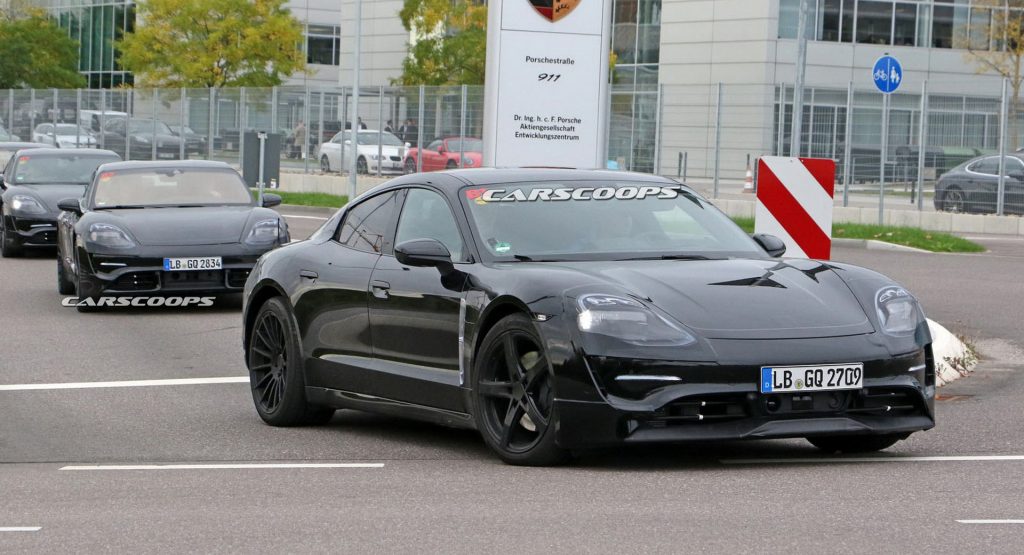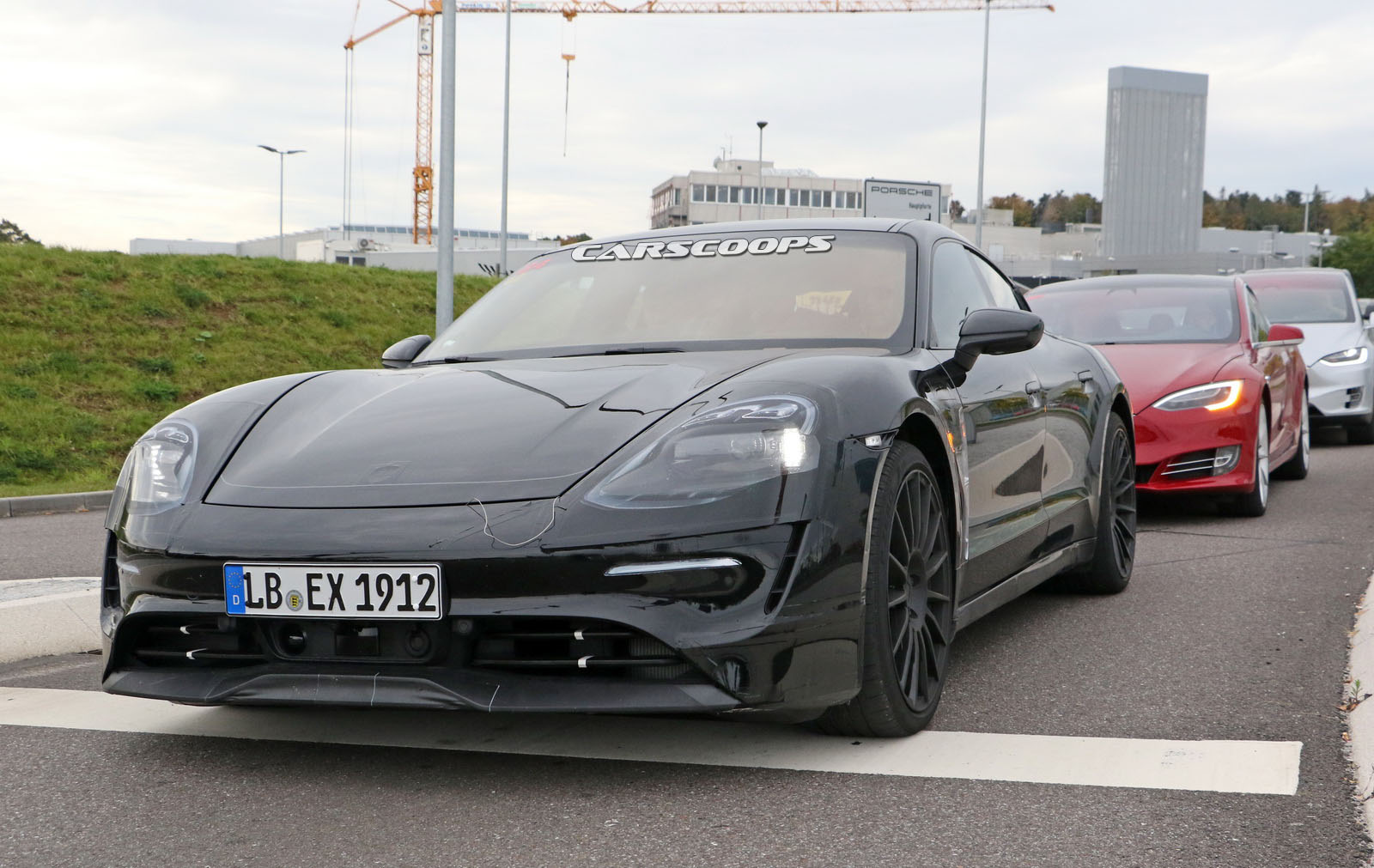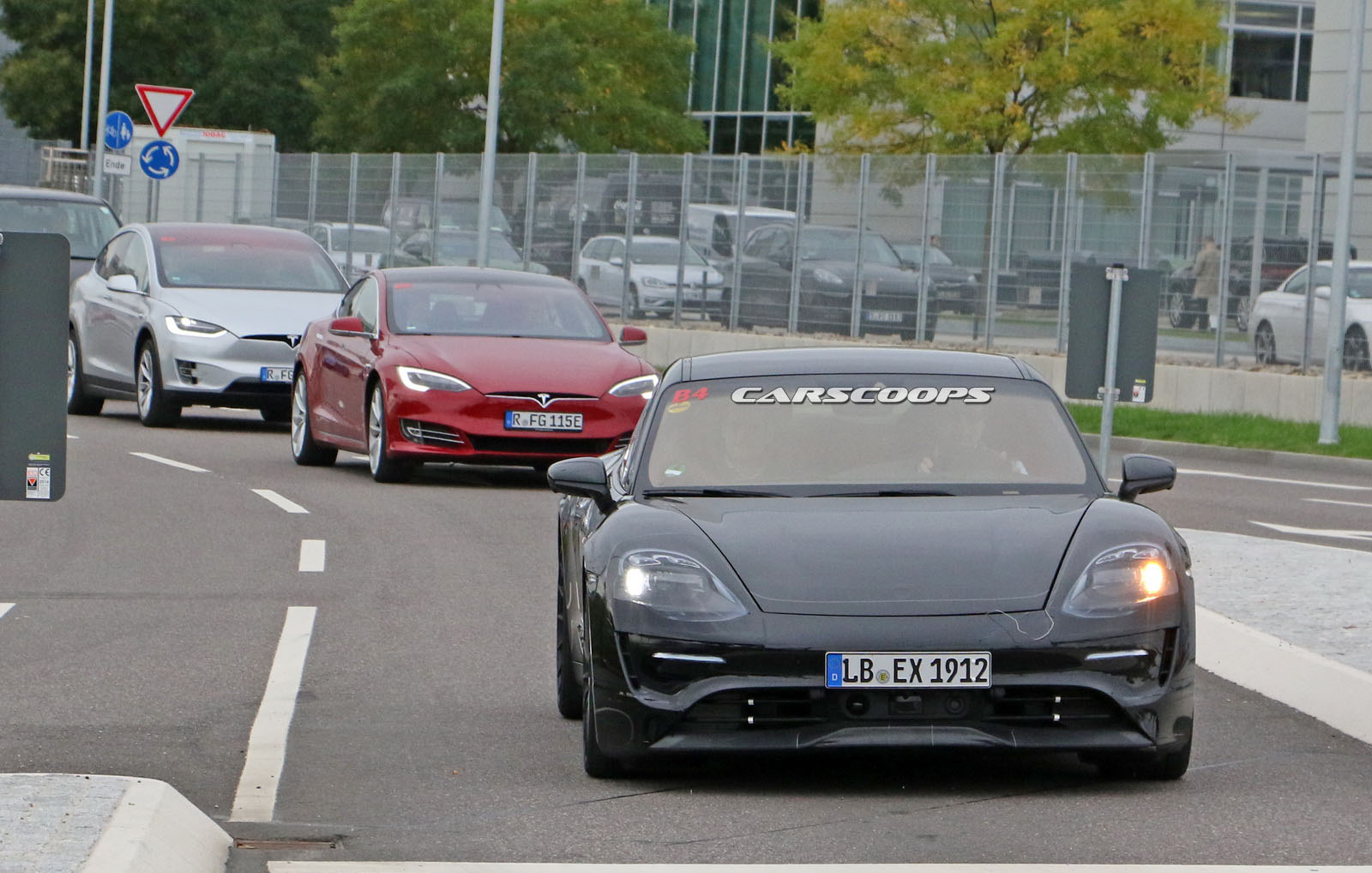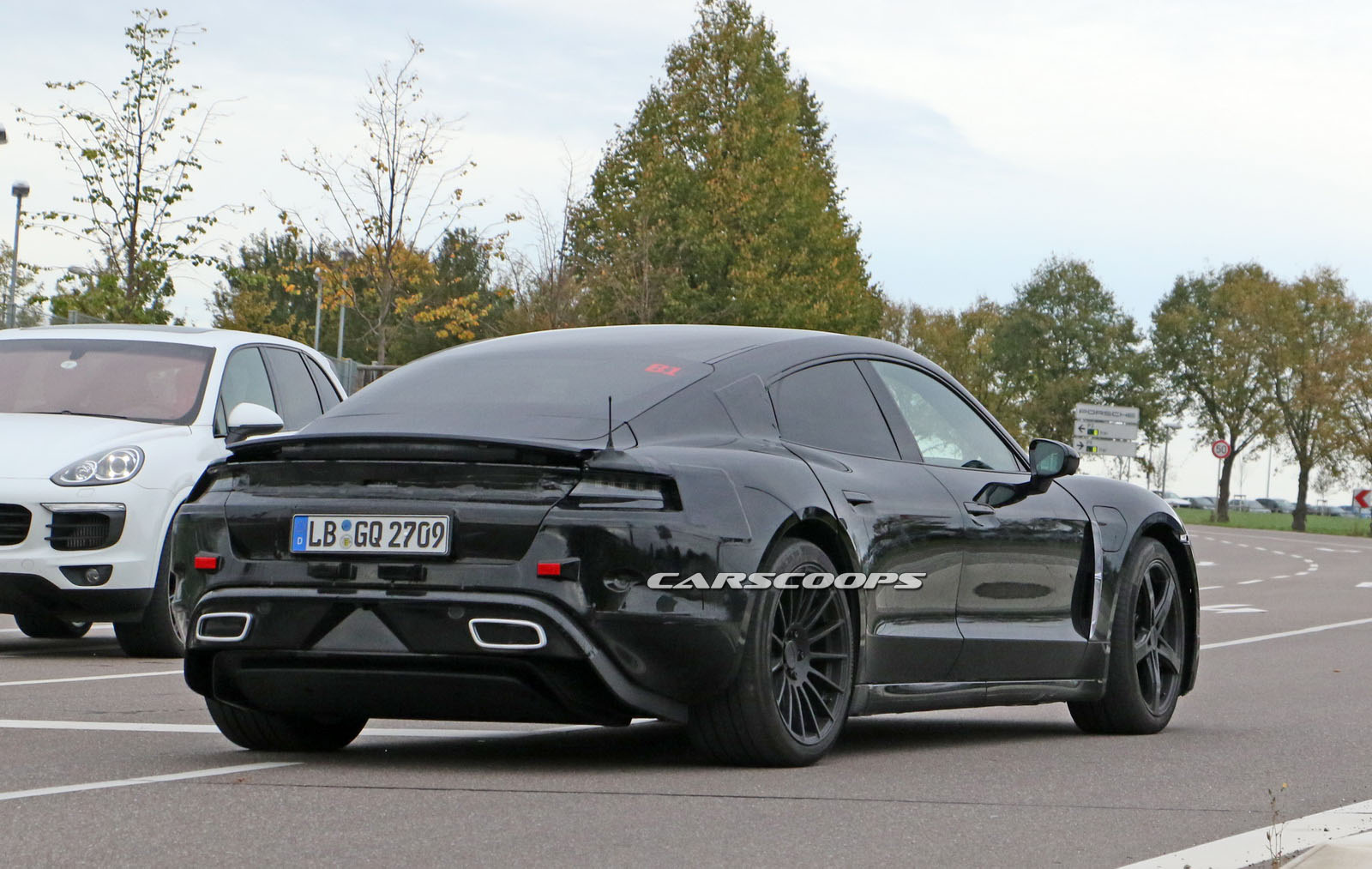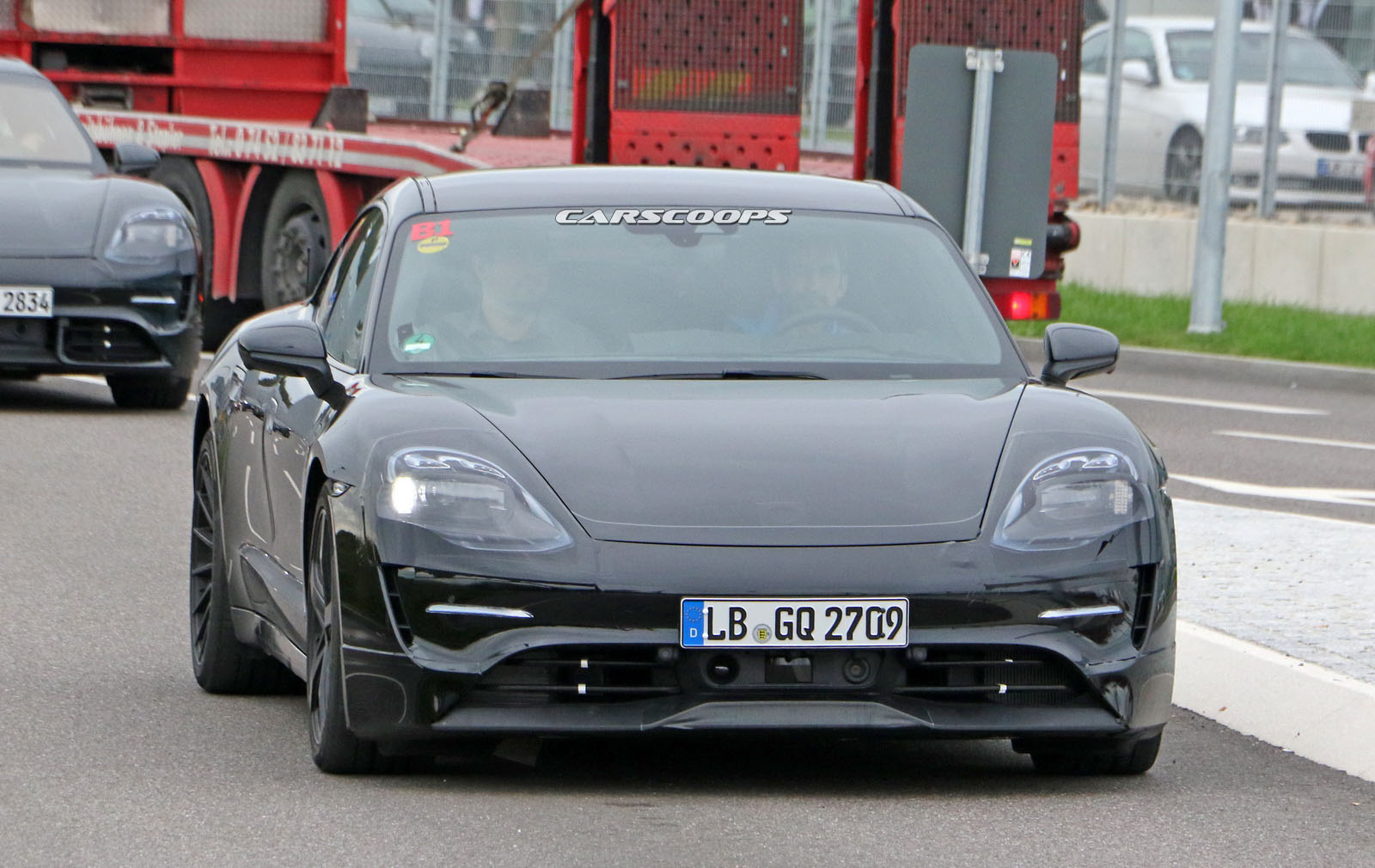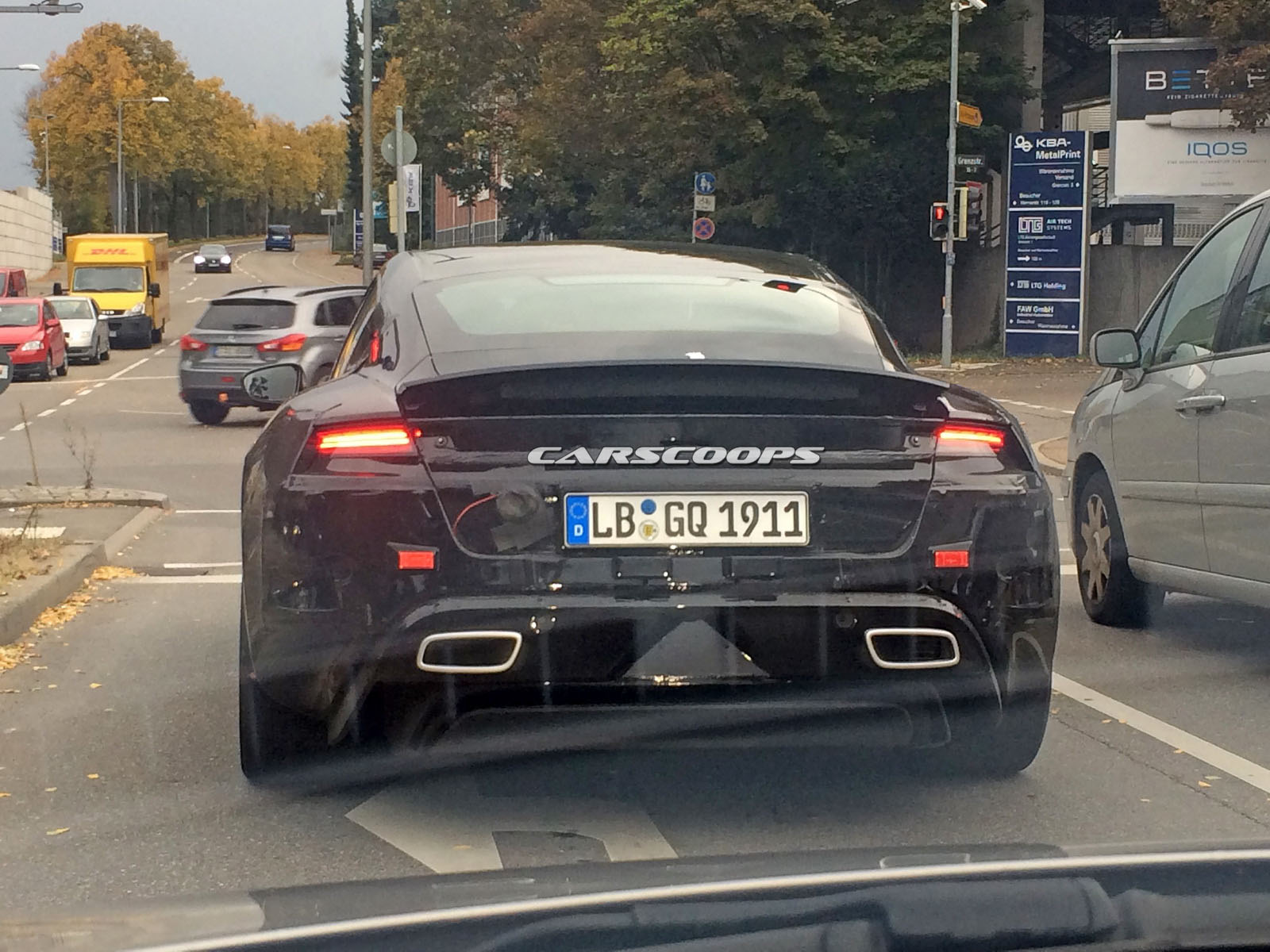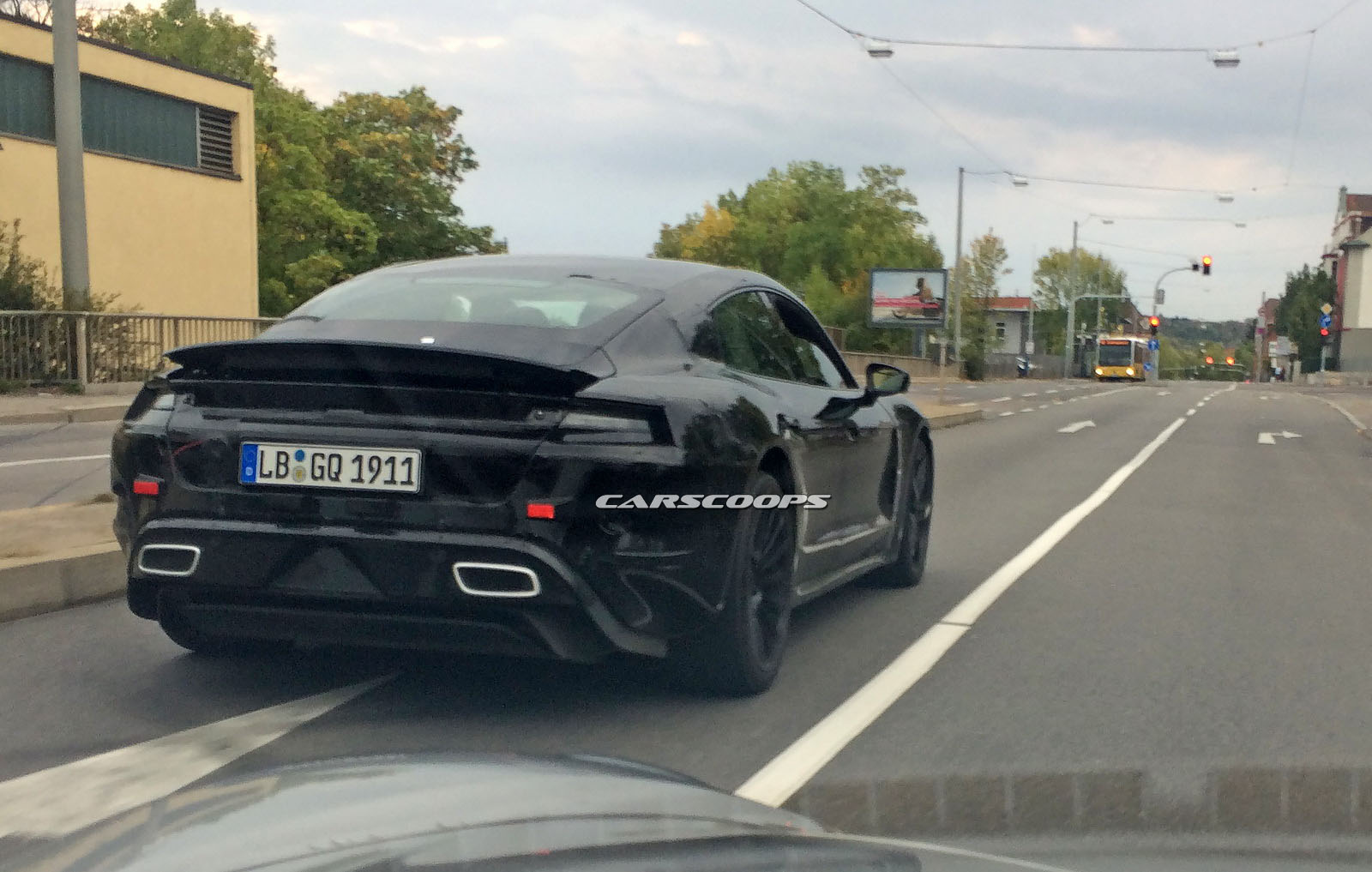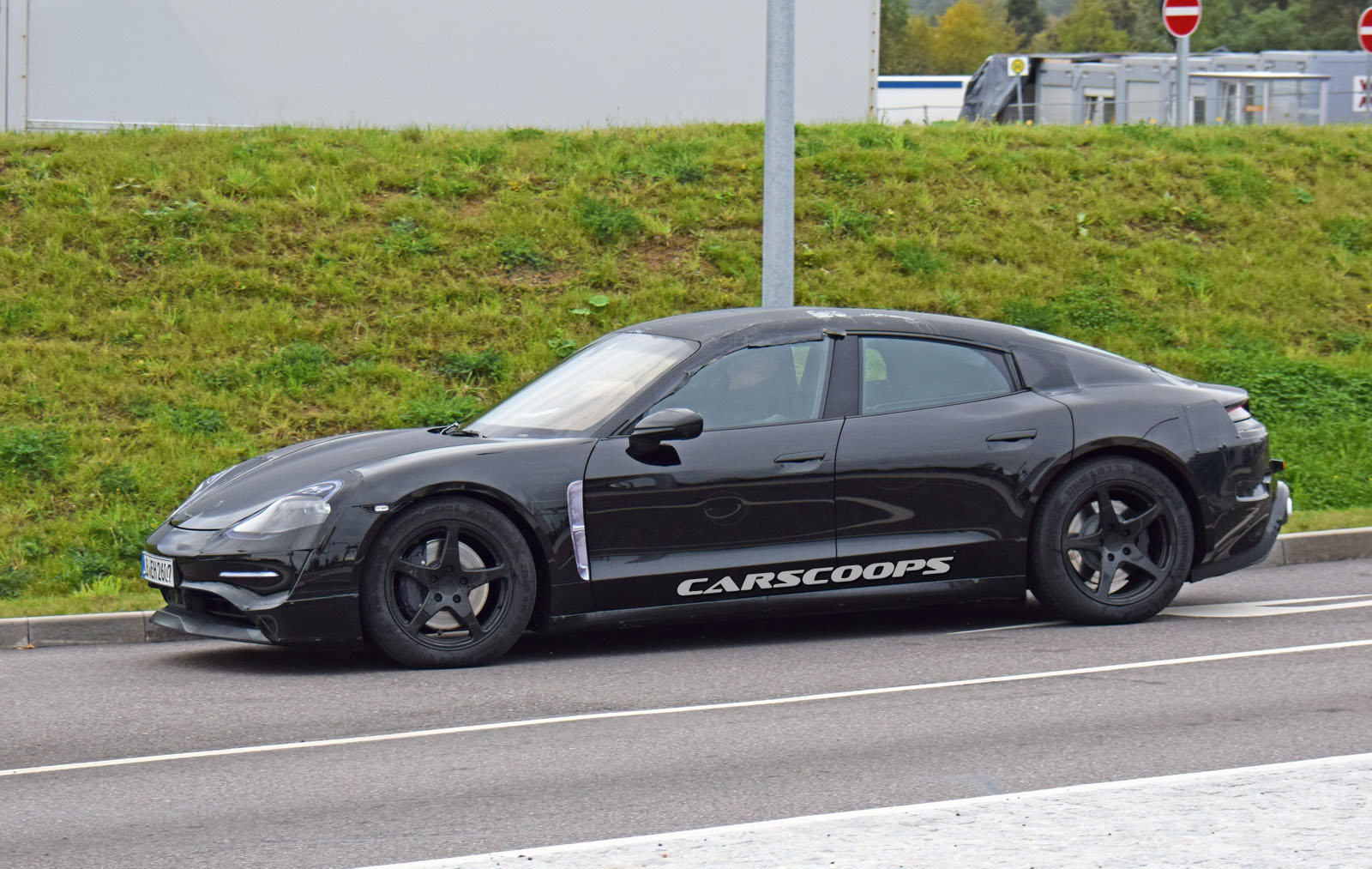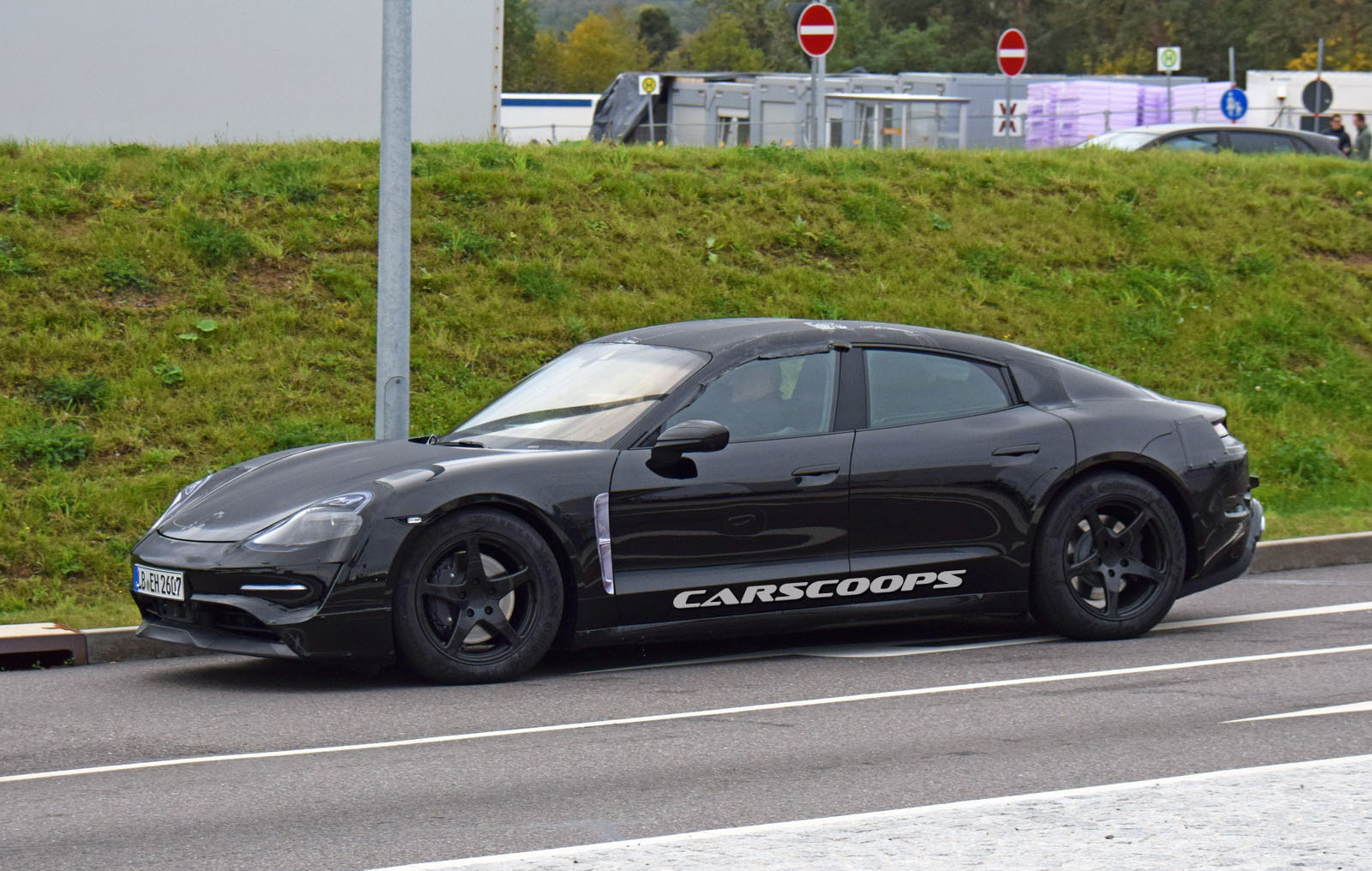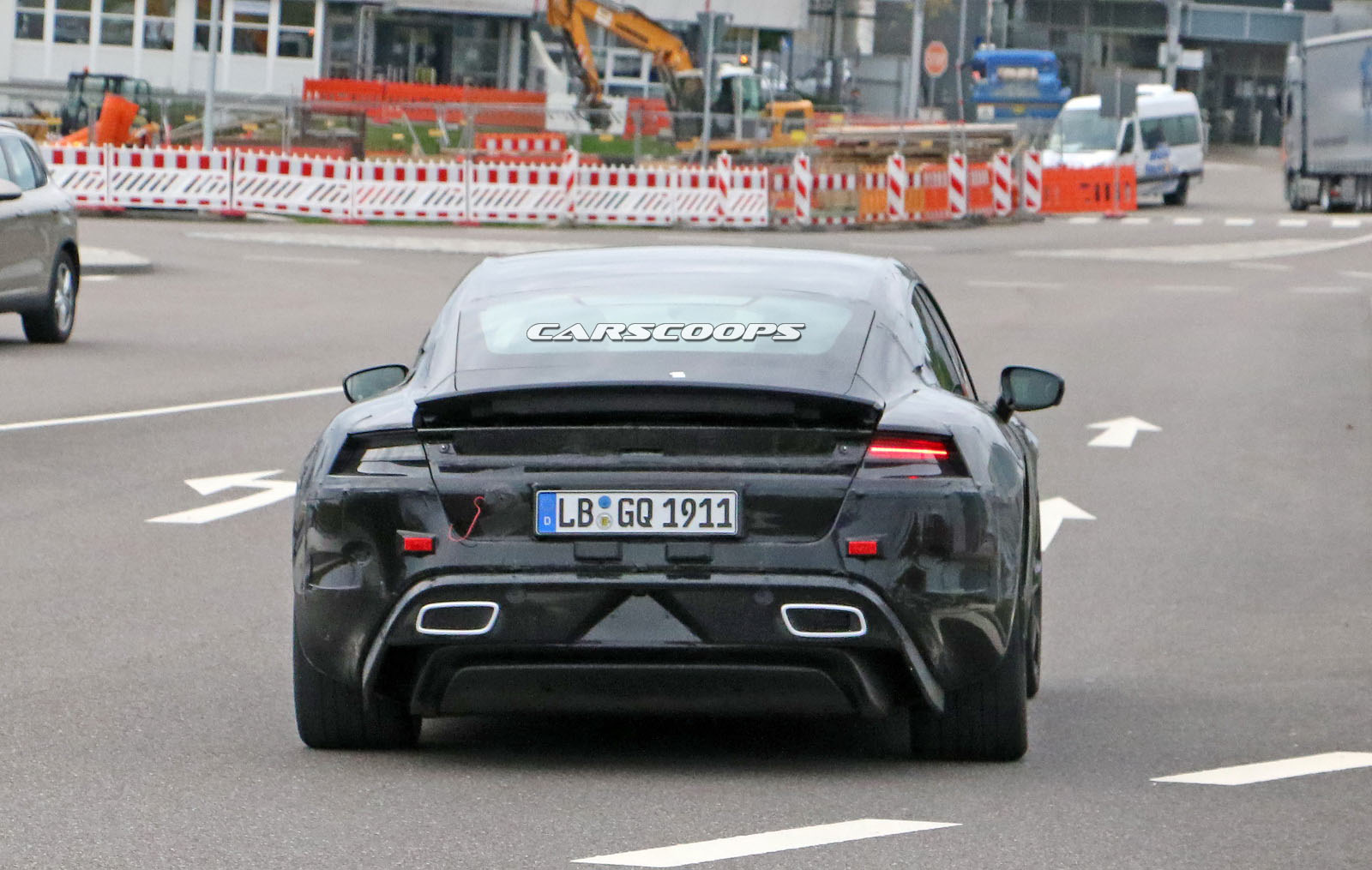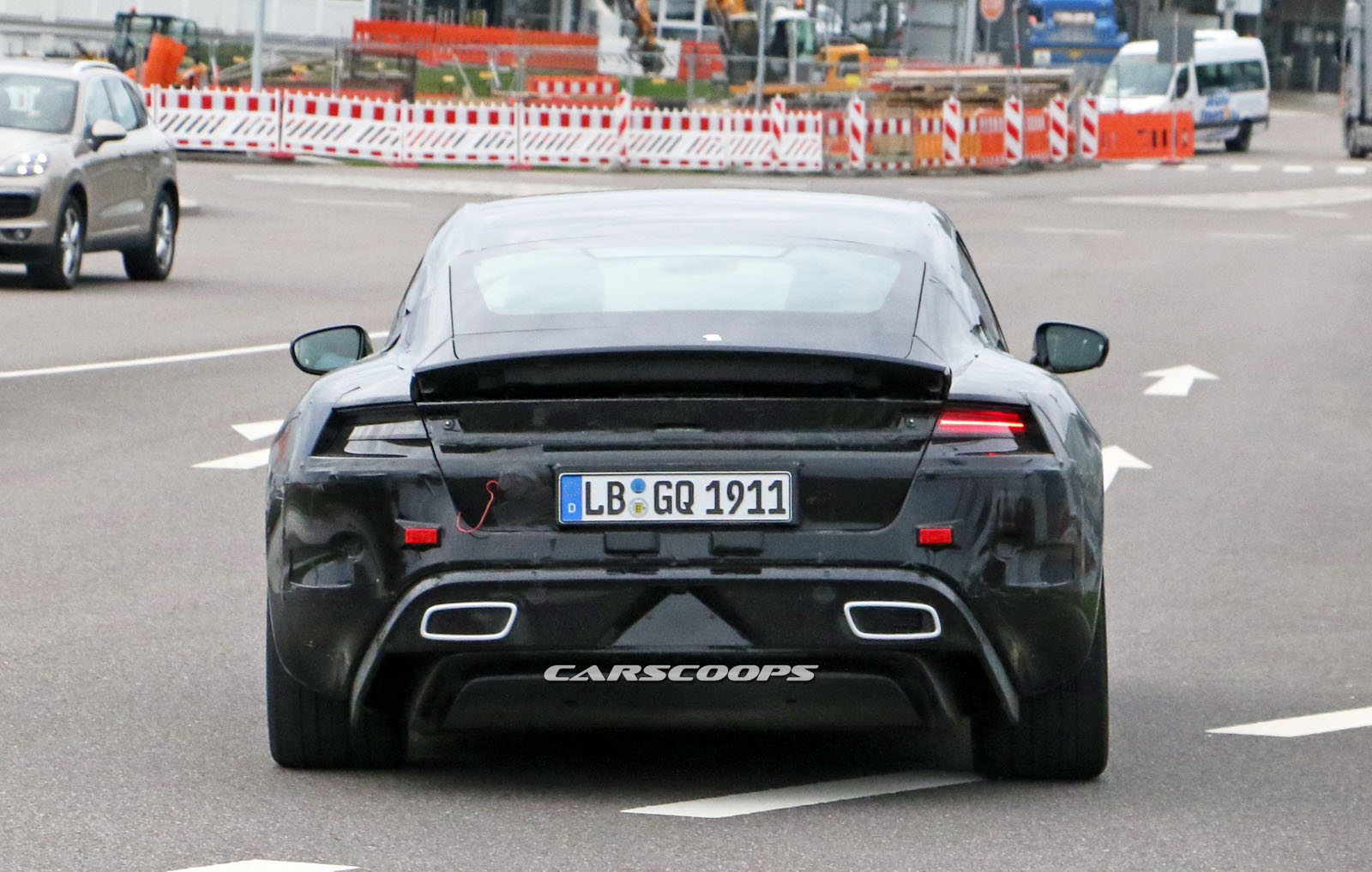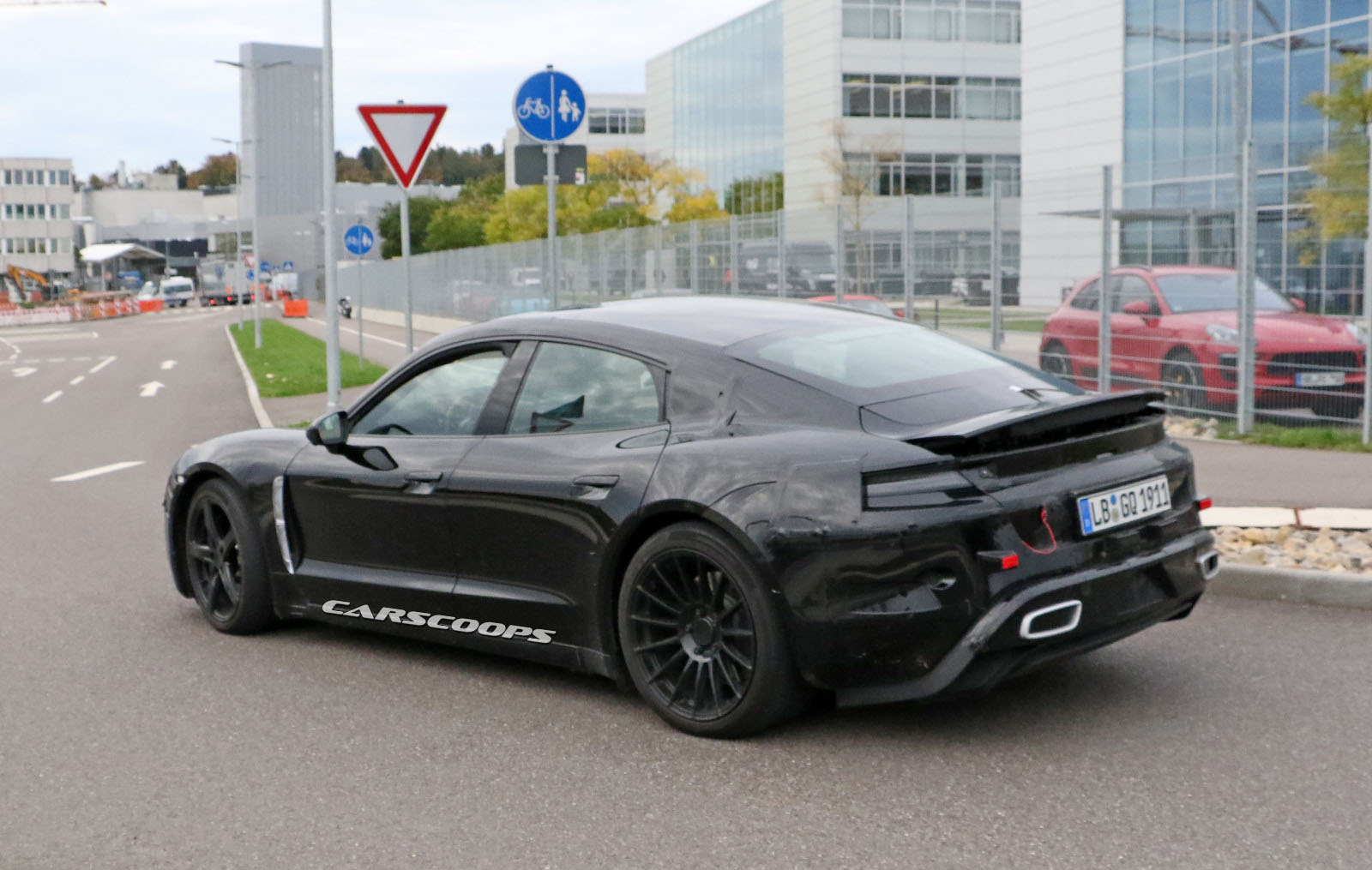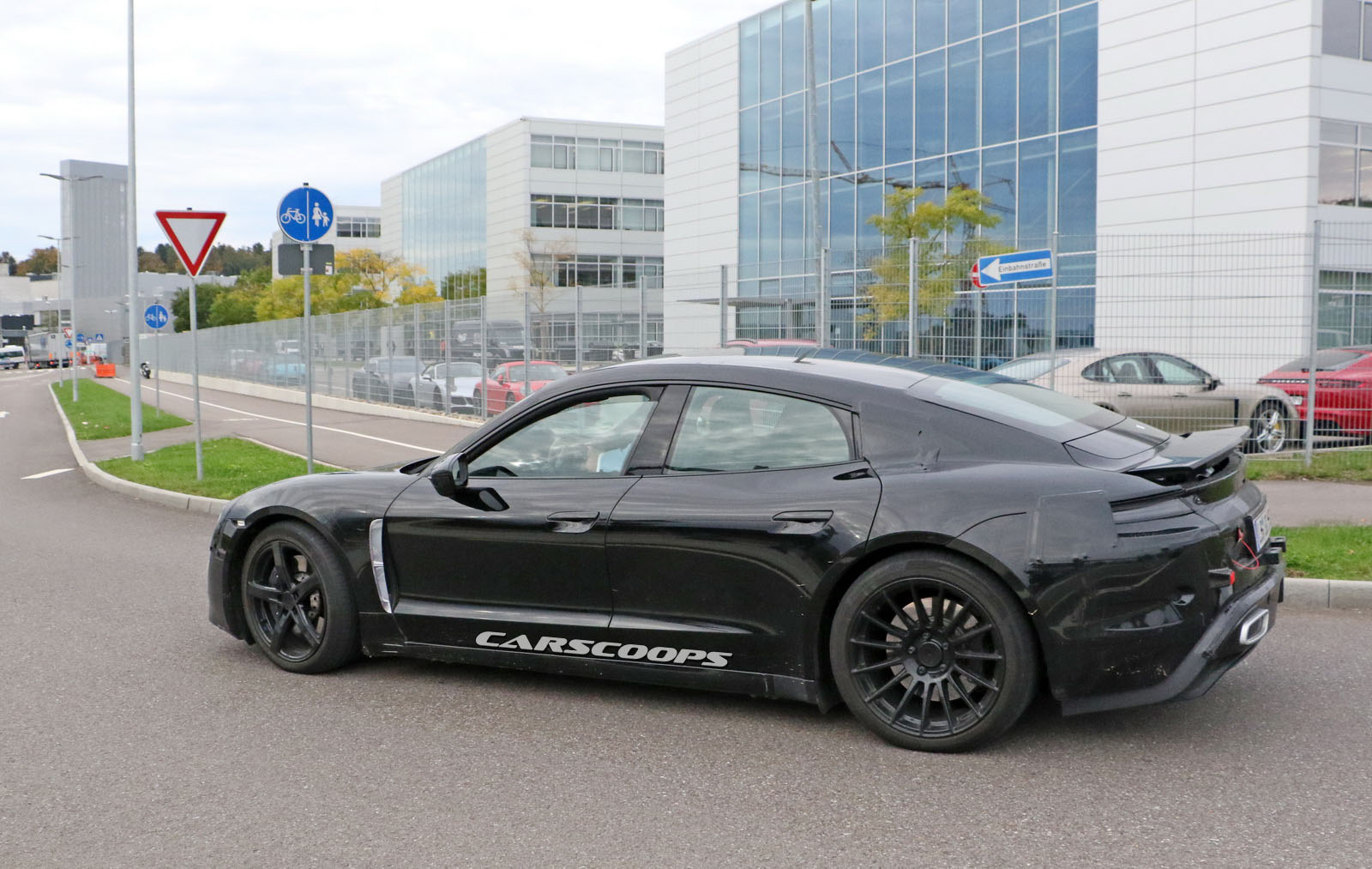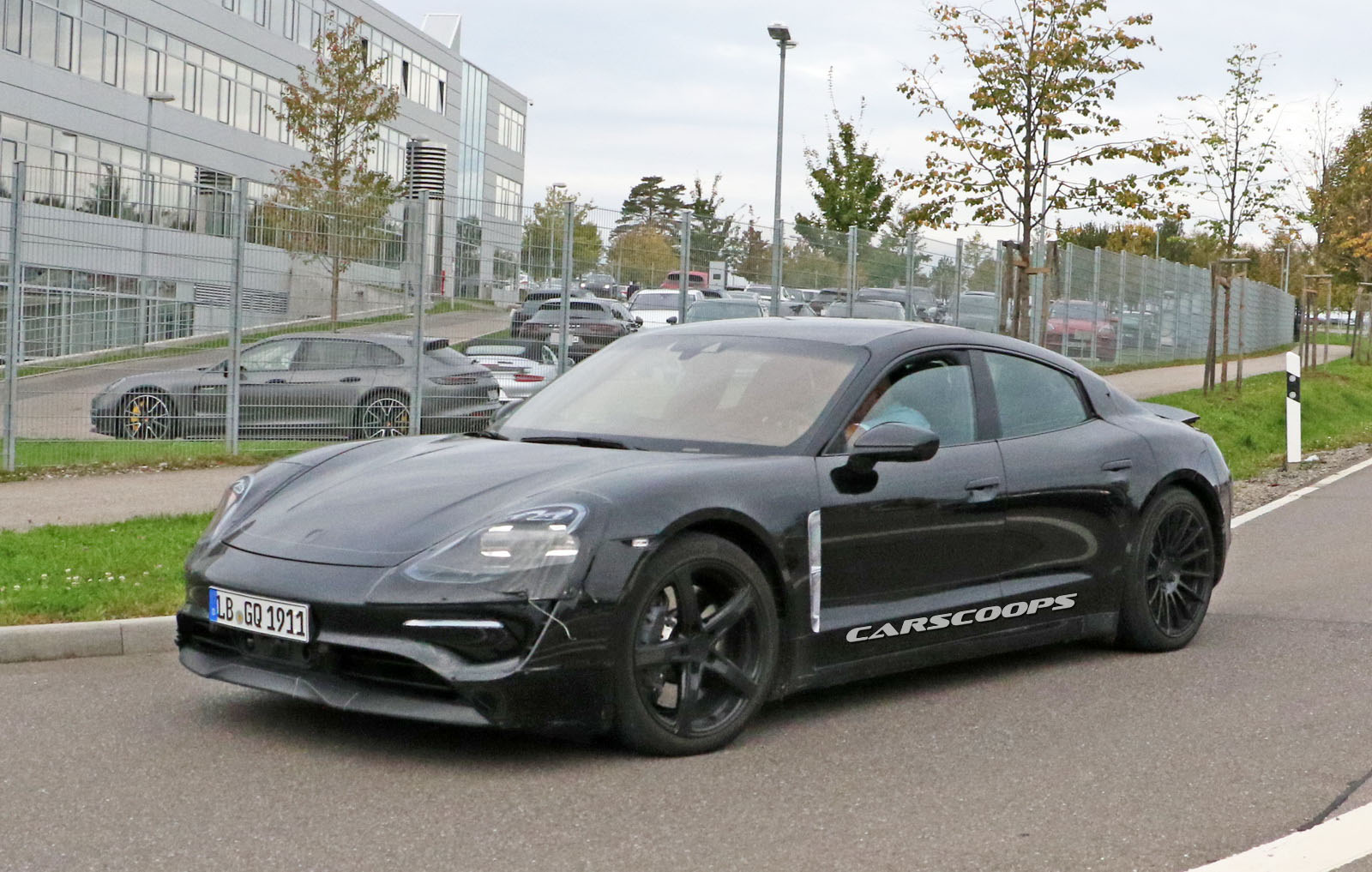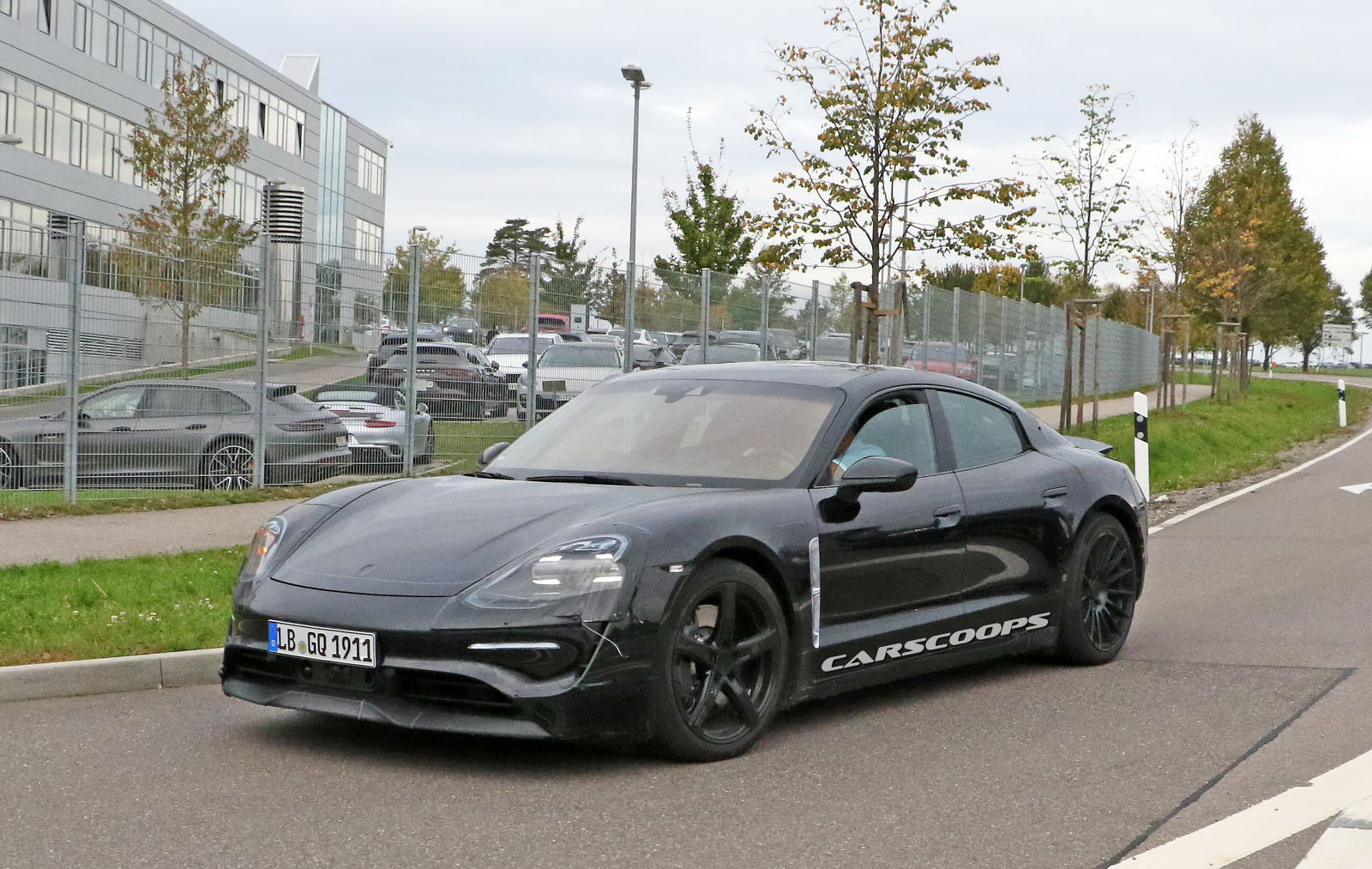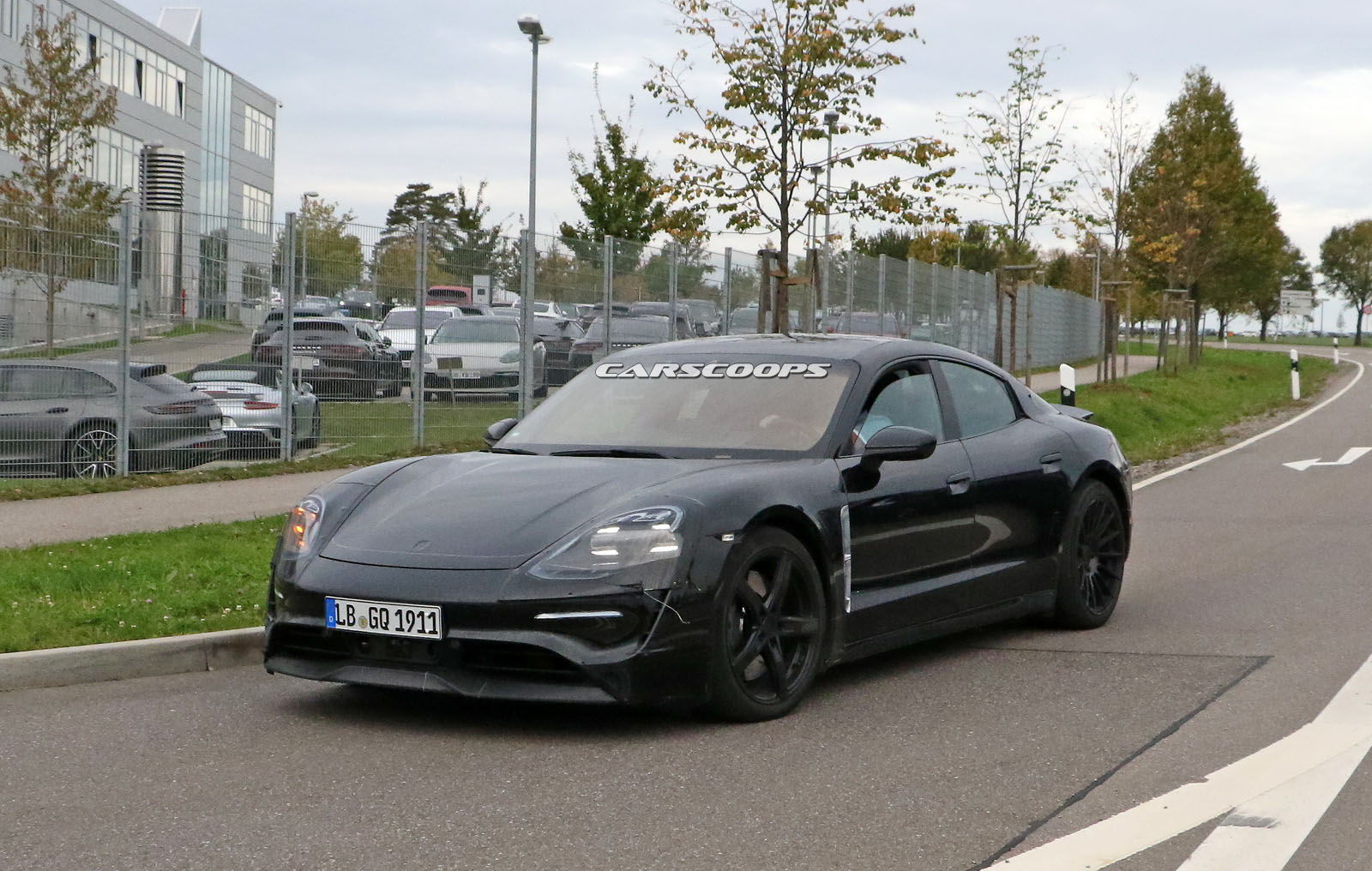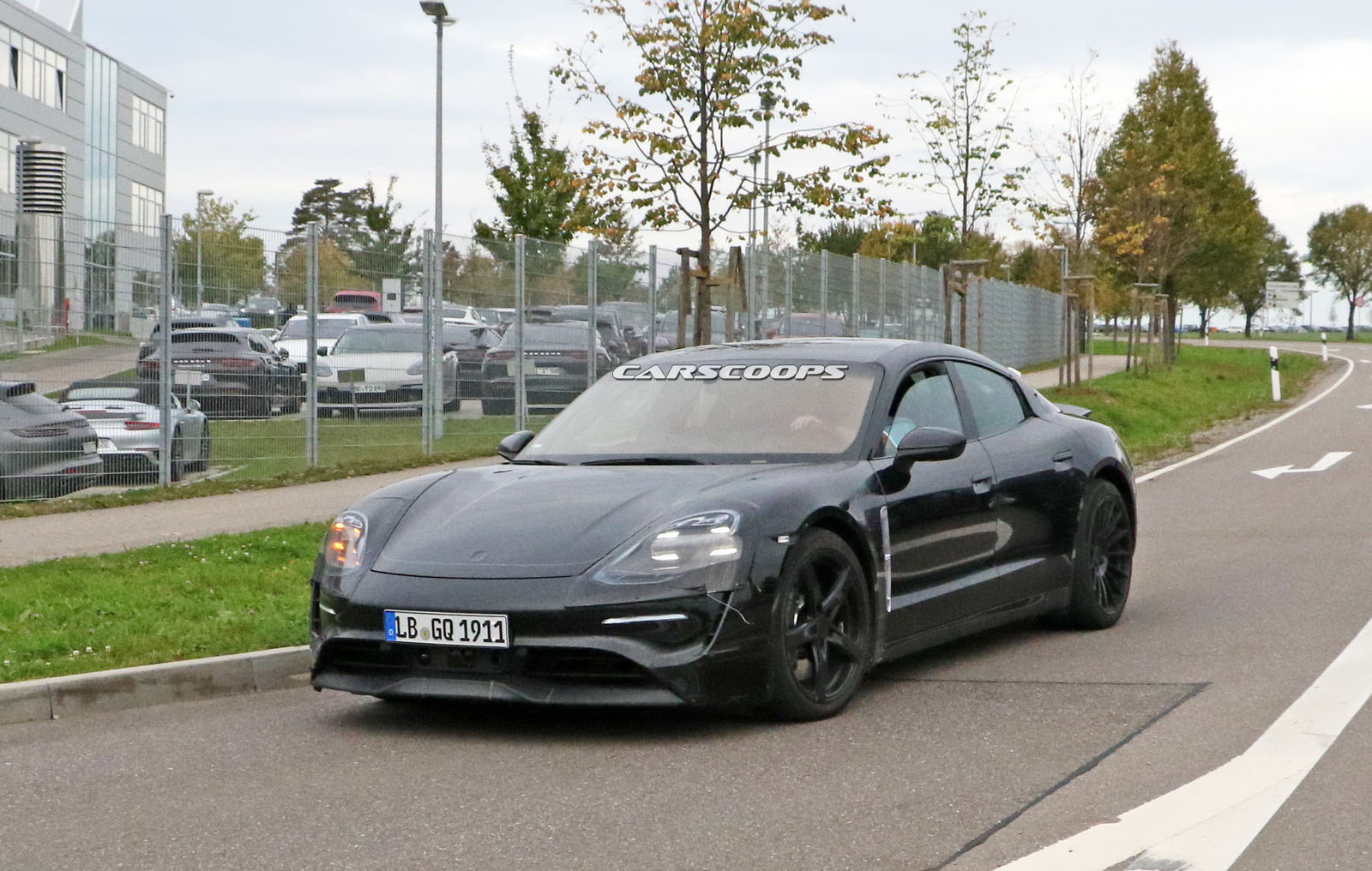Porsche announced that it will invest more than six billion euros ($7.45 bIllion) in electromobility by 2022, which is double the money originally planned.
The decision to double their investment in new technologies came after Porsche’s latest Supervisory Board meeting. Porsche will use that money for the development of plug-in hybrids and all-electric vehicles.
“We are doubling our expenditure on electromobility from around three billion euro to more than six billion euro”, said Oliver Blume, Chairman of the Executive Board of Porsche AG. “Alongside development of our models with combustion engines, we are setting an important course for the future with this decision.”
Porsche confirmed the plan for additional Mission E variants, saying it will spend 500 million euros for their development. One billion euros will be invested for the electrification and hybridization of the existing model range while 700 million euros will go towards charging infrastructure, new technologies and smart mobility.
The company is currently setting up a new paint shop, a dedicated assembly area and a conveyor bridge for transporting the painted bodies and drive units to the final assembly area, in Zuffenhausen. Porsche says that the Mission E project has created around 1200 new jobs.
The upcoming Porsche Mission E will be an all-electric sports sedan with 600hp and a 0-62mph (100km/h) in less than 3.5 seconds. Porsche targets 310 miles (500km) on a full battery charge while claims that thanks to the 800-V system voltage, charging the Mission E’s batteries for a 248-mile range (400km) will take just 15 minutes.
Working together with Audi and representing the VW Group, Porsche is also participating in Ionity, the joint venture with BMW, Daimler and Ford that aims to build and operate 400 rapid-charging stations along the major European routes by 2020. Construction of the new fast-charging network began in 2017, with the Porsche dealer network becoming part of the infrastructure.
Porsche’s decision to double the investment on electrification was certainly helped by the success of its current plug-in hybrid Panamera models. Since their launch, the plug-in hybrid Panamera models have managed to account for around 60 percent of all European sales. That figure is significantly higher in some countries, even reaching around 90 percent in Scandinavia.
Note: Porsche Mission E prototype pictured








